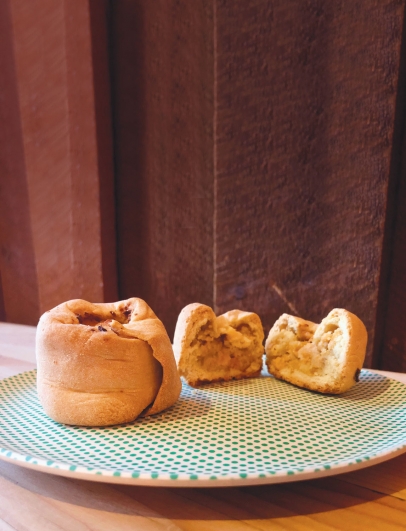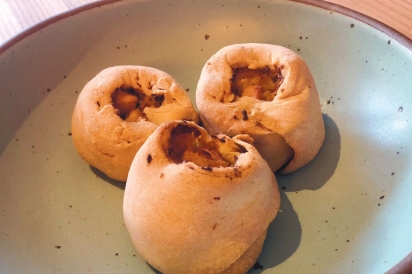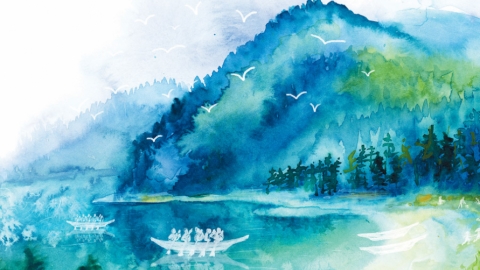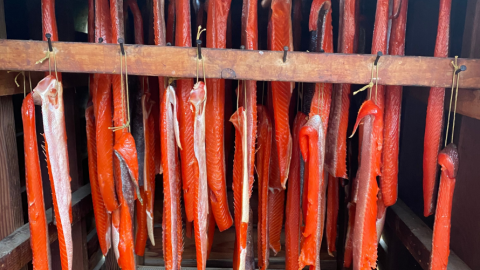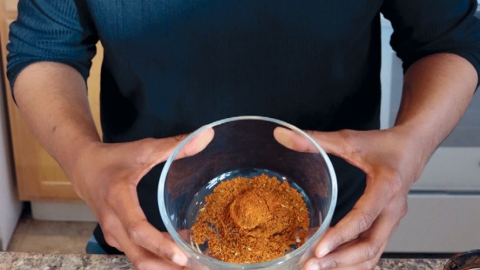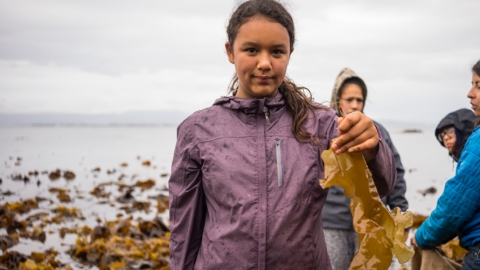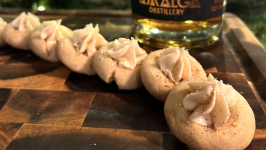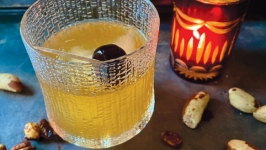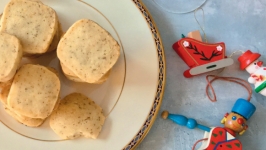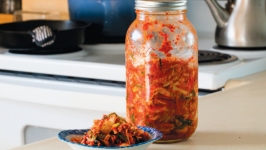Thought for Food
Culinary Justice in Alaska
I am not native to Alaska. I wasn’t born here nor can I trace my lineage to any one of Alaska’s Native tribes. So I want to acknowledge my unease as I make the call for culinary justice in Alaska. I hope, at the very least, that I can offer a framework to address, as Michael Twitty writes, “the multiple ways that racism has fed into our food system from chronic diseases to culinary appropriation.”
Twitty, author of The Cooking Gene, is an African American, Jewish writer, educator, and culinary historian. He developed and speaks widely on the concept of “culinary justice.” In his TED talk, he says that “culinary justice is the idea that… historically oppressed peoples and people of color should have the right to be recognized for their gastronomic contributions, and derive from them empowerment and uplift.” Twitty points to celebrity chef Rick Bayless, a non-Latinx man who heads a multi-million-dollar Mexican restaurant empire, as an example of culinary injustice, given the challenges many Latinx chefs face in building successful businesses. He also often writes about barbecue as a form of culinary injustice, given that “the traditional holiday cookout has its roots in the cooperation between black and Indigenous peoples struggling to get or keep their freedom from colonialists.” Yet, in America, that history of BBQ is almost completely removed from popular representations of who cooks BBQ foods and the experiences of eating BBQ. Culinary justice is not only knowing where your food physically comes from. It’s really about unpacking who, why, where, and when a cuisine came into existence and how that story is always related to some larger political-cultural-historical context and, ultimately, equity.
Following the killing of George Floyd and the increased attention to racial justice during the summer of 2020, I received several emails from friends throughout Alaska. As a travel writer who sometimes conducts food ethnographies, people asked me, “Where should I eat?” and “How do I support Black-owned restaurants in our state?” I think culinary justice definitely encompasses supporting more Black, Indigenous, and people of color (BIPOC)-owned businesses, paying attention to one’s food source, and advocating for food sovereignty locally. But really, culinary justice needs to be a starting point for those actions in order to deeply understand the cultural appropriation of cuisines, how colonialism has eradicated certain foods, what laws support or create barriers to procuring and eating traditional foods, what structures make it difficult to empower some to cook and earn money for their labor, as well as how our food media institutions highlight chefs and local foods.
In many ways, I believe these issues are even more striking in Alaska than in other places because of our state’s history of colonialism, simultaneous erasure of many Alaska Native foods, and campaign to change the habitus of Alaska Native food. Culinary justice cannot just be publishing a list or frequenting more BIPOC-owned restaurants in Alaska—we have so much more work to do to create a more open and robust dialogue about food and oppression in our state.
I’ve lived in Alaska for a decade. As a Jewish woman living here, I’ve seen both how my people’s food has been culturally appropriated (and often mispronounced) and I’ve also tried to construct my identity as a Jew in Alaska by playing with ways to combine the two cultures in what I eat: salmon gefilte fish for Passover, latkes made from potatoes I grew in my summer garden for Hanukkah, crab apple and rose hip cake for Rosh Hashanah. I often think about the overlap in my family’s Russian heritage and the history of Russian settlements in Alaska when I prepare borscht or meat dumplings or use smoked salmon as “lox” on a bagel to break the Yom Kippur fast.
When I posted a message on the NextDoor app asking for a sourdough starter to make challah for the Sabbath, I received at least ten enthusiastic replies—each person detailing a complex lineage of their individual starter and sharing favorite recipes. Sourdough starters are proof that Alaskans know how to compile a food history. So how might we apply the same kind of attention and thoughtfulness we give to sourdough pancakes to, say, reindeer sausage from a food truck or that large tub of salmon dip purchased at Costco? It’s easy to consume such ubiquitous food products without regard for the complex histories and identities behind them. Perhaps even more importantly, how might we attend similarly to foods that we don’t see in our everyday lives, like muktuk or akutaq?
Culinary justice doesn’t have to mean that cooks or writers like me can’t highlight attempts to follow traditional Alaskans’ ways of eating and securing food like hunting and fishing. But we must become more engaged eaters and chefs and do much better with connecting food practices to the people who originated them while finding a multitude of ways to increase participation and amplify the voices of those whose food cultures are inspiring us. As Twitty urges, we should endeavor to “honor the food past and provide for the food future.”
Knishes are the unofficial street food of New York City, brought to the U.S. by East European Jews. I had my first potato knish in a quintessential Jewish deli in metro-Detroit where I grew up. I don’t have any memories of baking knishes with my grandmother, but when I recently asked her if she had ever made one she fondly remembered her mother baking them (complete with schmaltz) for the family when she was a little girl. —Bree Kessler


